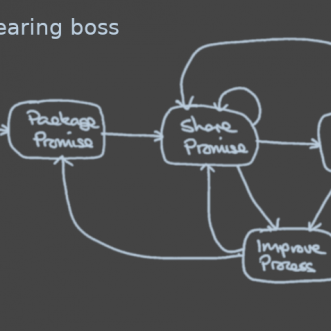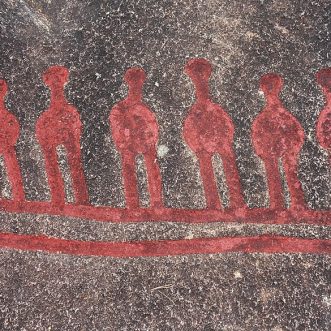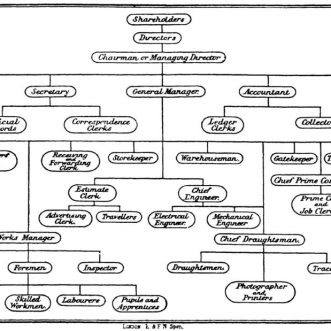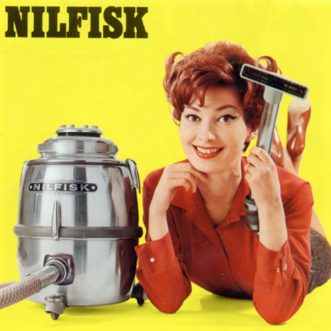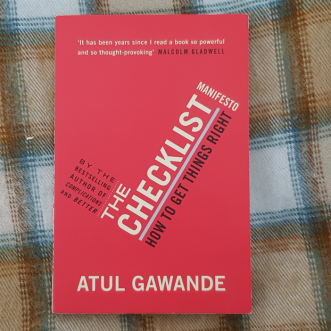August 15, 2023
‘Founder’s syndrome’ – some extracts from the Wikipedia definition:
“The organization is strongly identified with the founder”.
“Obsessive leadership style”.
“Founders tend to make all decisions without a formal process or feedback from others.”
“little meaningful strategic development, limited professional development. little organizational infrastructure in place”
“Higher levels of micromanagement”
“no succession plan.”
“recruits find that they are not able to contribute in an effective and professional way.””
“The founder becomes increasingly paranoid as delegation is required, or business management needs are greater than their training or experience.”
To me, much of this looks like the classic, painful transition from one-person-band, to few-person-band, to full-blown company.
Which in the rather smug and contemptuous view of the writers of this Wikipedia entry, is all too often the transition from a small, personal, impact-driven, human-scaled business to a large, impersonal, money-focused capitalist corporation.
The founder wants to keep things personal and true to their original vision.
New owners or new management want to make things efficient, corporate money-oriented, and therefore impersonal.
In other words, as far as the founder is concerned, they want to make it ‘someone else’s business’. (https://gibbsandpartners.com/blog/2021/09/design-your-business-or-it-will-be-designed-for-you/)
Of course the founder resists.
So would I.
There is a preventive for ‘Founder’s syndrome’:
Become a Disappearing Boss.
Embed the founding vision and personality into the operating processes of your business before you try to scale, with a Customer Experience Score .
You’ll be able to scale without managers, without investors – other than the people you serve. Without going corporate.
The best of both worlds: personal, true to the original vision and magnifying your impact.
Even better, once its built into the way your business works, your Score takes on a life of it’s own, nurtured and improved by everyone in the business.
It becomes harder for anyone to interfere – even you.
Discipline makes Daring possible.
The Disappearing Boss is currently available as a ‘done for you’ option and a 1:1 coaching programme.
From next month it will also be available as a DIY option as The Disappearing Bosses Club.
I’m looking for 7 founders of unique and amazing impact-focused businesses, employing between 3 and 9 people, who want to magnify their impact without losing what makes them unique, to help me test and refine my design for this part of my business.
It will be a 3 month committment, at a pioneer price, that will add value to your business, or your money back.
DM me if you want to know more.



